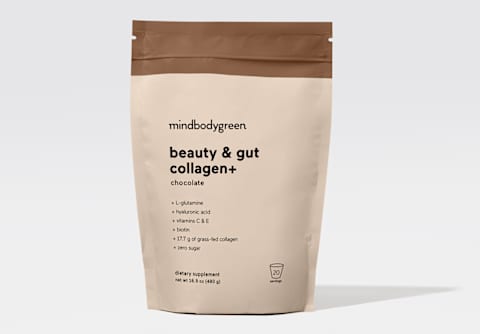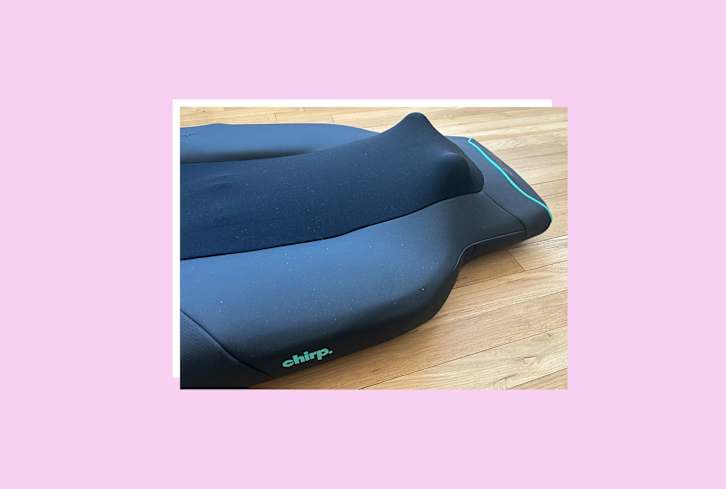Advertisement
Why You Should Take Hyaluronic Acid Supplements For Joint Pain


Aching hips, stiff knees, and overall joint tightness tends to get worse during winter months, but why? Some experts believe decreased physical activity is to blame, while others believe a change in barometric pressure1 more likely causes the strain.
Regardless, taking note of various exercises and lifestyle changes that can improve joint pain is a must.
Here's one tip you may not have tried, but you can rest assured it's backed by research.
Why you should take hyaluronic acid for joint pain
While you may be familiar with hyaluronic acid as a topical skin care ingredient, HA is actually present throughout your whole body.
A whopping 50% of your body's hyaluronic acid content is found in the skin2, but the rest is sprinkled throughout your tissues and fluids in the body, your joints included.
The HA in your body decreases as you age, which is just one reason stiff joints may creep up in later years, in addition to increased skin dryness. In fact, by the time you reach your 40s, you have around 50% of the HA you had during your younger years, naturopathic doctor Nigma Talib, N.D., once told mbg.
So what can you do about it? Well, you can actually ingest hyaluronic acid to replenish those natural levels, and the research is promising for its positive impact on the joints.
In an eight-week, double-blind, placebo-controlled study, oral hyaluronic acid (along with glucosamine and chondroitin) proved effective at easing joint pain3, stiffness, and physical function compared to a placebo group. This is an easier first step to compensate for diminishing HA compared to, say, intra-articular hyaluronic acid injections4—however, those have shown effective in easing pain and stiffness as well.
When looking for a hyaluronic acid supplement, be sure to choose a multifunctional blend. This means seeking out additional ingredients that make the product worth your hard-earned dollars. A few to consider for healthy full-body and skin aging include:
- Collagen
- Vitamins (specifically A,C & E)
- L-glutamine
- Anti-inflammatory herbs like turmeric
There are plenty of hyaluronic acid supplements on the market that work wonders for joint and skin health—start shopping with these 13 clean and effective formulas.
Important PSA: If you're truly struggling with joint pain, especially if it's interrupting your day-to-day life and causing intense pain, you should consult a medical professional. Hyaluronic acid is an important bioactive for helping to ease joint pain and stiffness and wonderful proactive measure (here are our favorite hyaluronic acid picks), but serious joint pain calls for medical intervention.
The takeaway
There are a few different reasons joint pain may intensify in the wintertime, but regardless, a hyaluronic acid supplement may help ease any lingering stiffness. And considering your natural supply of HA decreases as you age, it's a good idea to get ahead of the decline. If you want to further dive into the skin-loving benefits of hyaluronic acid, check out this breakdown.



















